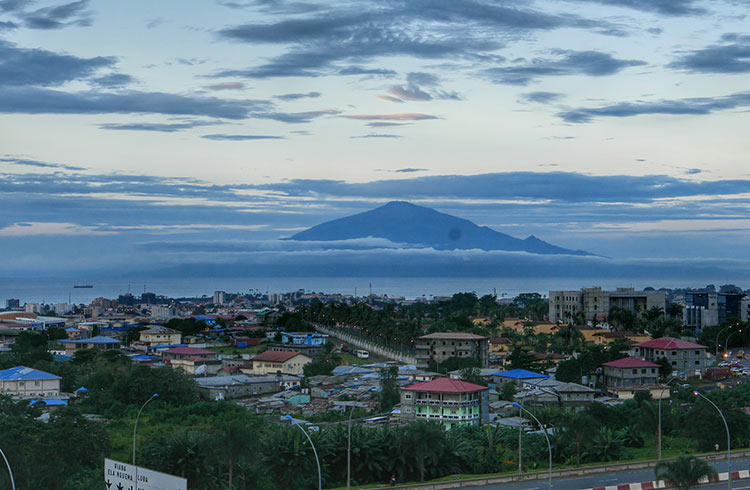Stay Safe in Equatorial Guinea: 5 Tips for Travelers
Is Equatorial Guinea safe? Be alert to petty crime, scamming taxi drivers and learn how to avoid crime while traveling with these tips.
 Photo © Getty Images/Diego Ramos / EyeEm
Photo © Getty Images/Diego Ramos / EyeEm
Crime in Equatorial Guinea
It's a widely-held belief that when taking other nearby countries in this continent into account, the crime rate in this West African locale is not that bad. Petty theft is among the worst you can expect in terms of becoming a victim of a crime, and wealthy-seeming travelers can be high on the list of probable targets.
You know what this means: don't look wealthy.
Avoid wearing fancy clothes and expensive jewelry, and don't flash around your phones, cameras or wallets.
Avoid walking around Malabo and Bata, or driving at night, to avoid the prime time of attacks.
Generally, if you stay alert and out of the spotlight with what you're wearing and mannerisms, you should be just fine.
Political unrest in Equatorial Guinea
Violent situations will most likely present themselves in relation to political tensions in Equatorial Guinea, but you should not put yourself in a situation where these matters could escalate.
In early 2009, gun fire around the Presidential Compound in Malabo, the capital, jolted residents and expats, but things have remained largely under control there since then.
Political rallies and protests do occur, and you should never go near these crowds or take part in any protests. Police will be out in droves during these events, as will the military on occasion.
Carry your identification on you
You may be subject to random checks for documentation such as passport and residence permit, especially during big events like summits.
You can be apprehended for refusing to produce these papers.
When traveling elsewhere in Equatorial Guinea, you will want to keep your paperwork on you as well.
If you travel outside of Malabo and Bata, you might encounter military roadblocks and be asked to show identification and purpose or intent of the visit. Checkpoints are common in other areas of the country as well, and the same questions will be asked by police or military. Be advised that many of these officials do not speak English.
You might want to consider writing an explanation for your visit and your itinerary in Spanish to avoid confusion. Officials may try to bribe you. If this happens, ask to be written a ticket with detailed explanation of your offences so you can pay it at a local court if it is legitimate.
Entry and exit
If you are entering or exiting Equatorial Guinea via Cameroon, the border at Rio Campo is not always open. The regulations change often, so researching before you plan to go is heavily recommended.
Avoid speaking badly of the leadership, as it can lead to questioning and jail time.
Getting around safely
The roads in Malabo are paved, but many in rural areas are not. Rain can make roads impassable unless you have a four-wheel drive vehicle. You can get rental cars in Bata.
Driving is really your only way around Equatorial Guinea, as public transport is scarce.
Taxis are available, but they may cause a headache, as drivers might jack up prices for foreigners. Always agree on a rate and never pay upfront.
Mini-buses also operate, but they can be crowded and unsafe. If you want to get to other small islands, you may be able to take a pirogue, or dugout canoe.
Simple and flexible travel insurance
You can buy at home or while traveling, and claim online from anywhere in the world. With 150+ adventure activities covered and 24/7 emergency assistance.
Get a quote
No Comments